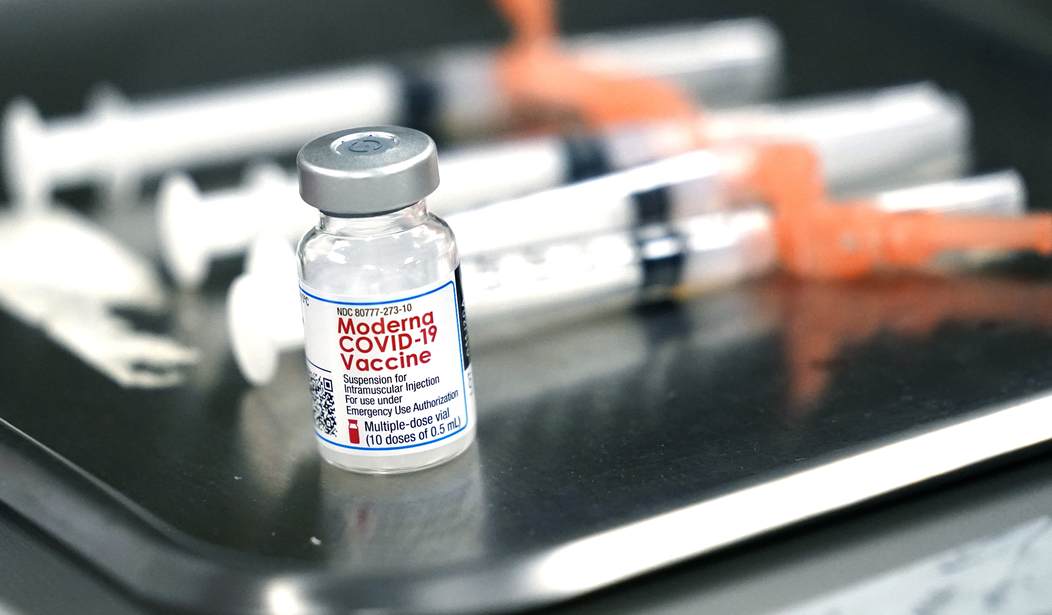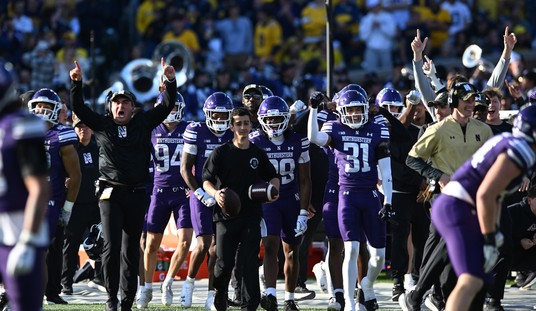Of course, the key word is still “may.” That implies that “may not” is still an option as well. But as the months roll by, we’re getting more and more data from around the globe and that will hopefully allow us to eventually develop a fuller picture of how well these new medical advancements are working out. The latest news comes to us from a pair of lengthy studies released this week in two medical journals. While still far from definitive, both studies suggest that the “Memory B cells” that the human body stores to “remember” how to respond to an invading virus last quite a while. This could mean that a booster shot against COVID, particularly if you developed your immunity from surviving the disease, might not be required for a longer time than anticipated or, in a best-case scenario, may never be required at all. (NY Post)
Most people who recover from COVID-19 could have immunity that lasts at least a year or even longer — and may not need a booster shot after being vaccinated, as pair of new studies suggest.
The first study, published Monday in the journal Nature, found most people who were infected with the virus about a year earlier had immunological memory of the disease in their bone marrow, suggesting they’re still able to produce antibodies.
And another report, which was published on the pre-print server BioRxic, found that these cells — called “memory B” — were robust for at least 12 months after infection.
The Memory B cells persist in people’s bone marrow even after the antibodies no longer show up in the bloodstream during testing. According to the explanation offered by the studies’ authors, those dormant cells can “wake up” if the virus shows back up in the patient’s blood, reproducing and fighting off the coronavirus as they did the previous time the intruder was detected. Good news, right?
We should keep in mind that these studies focused specifically on patients who survived COVID initially, with some going on to be vaccinated later anyway. We’ve already seen previous studies suggesting that if you fall into that latter category, you’re basically superman (or superwoman). Less is known about those who acquired their immunity strictly via vaccination.
That makes sense when you consider the timeline, even if you’re a layman like me. Clinical trials for the first two vaccines didn’t begin in any serious numbers until August of last year. There aren’t any people who have even made it a full year past their vaccination yet. But we’ve had actual COVID patients who survived the disease since at least February of 2020. Some of them are up to the 15-month mark, and if most of them are still showing a robust immune response, that should at least push back the clock on when the FDA will recommend getting a booster.
The big question is which category human immunity against COVID will fall into. Vaccinations for diseases such as mumps, pertussis, meningococcal disease, and yellow fever are known to last for many years, though they do eventually fade. The rabies vaccine for humans is good for at least two years, though some studies suggest it still provides protection for up to ten. Conversely, the seasonal shot many of you receive for the flu begins to fade significantly after just 150 days, with your immunity being essentially gone after one year.
With the periodic reminder that I have no experience in the medical field, it sounds as if COVID and the flu are both caused by a type of coronavirus. Both are also able to quickly mutate into new variants. So does that mean should expect to see similar durability from the vaccines developed against both of them? We should probably not get our hopes up for a lifetime of immunity to COVID until researchers have had several more years to study the earliest patients and continue testing them.








Join the conversation as a VIP Member